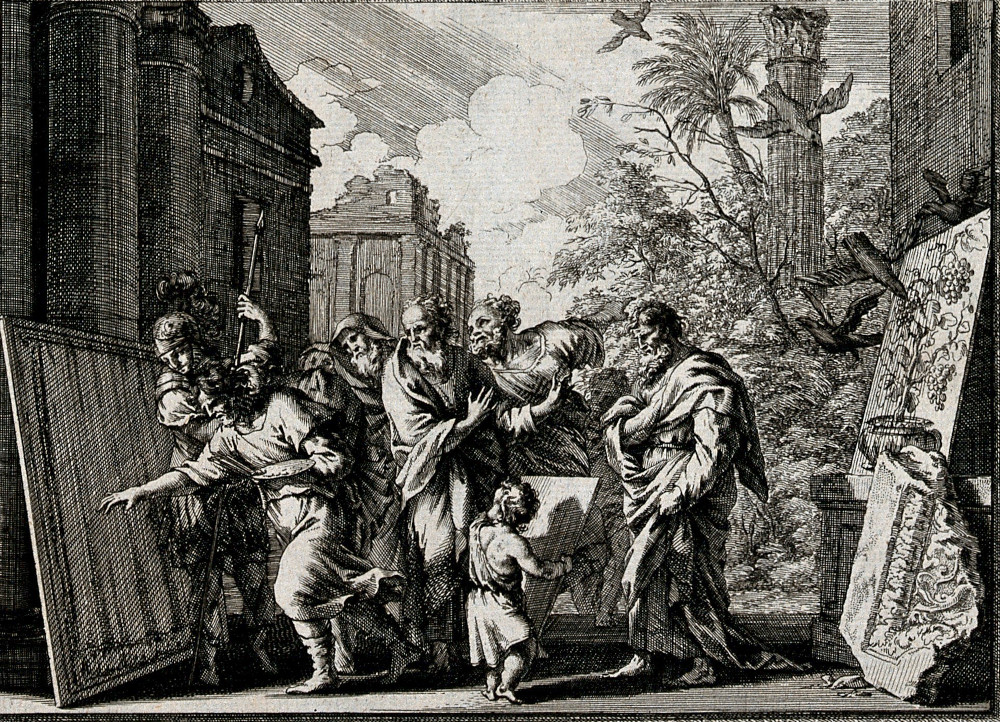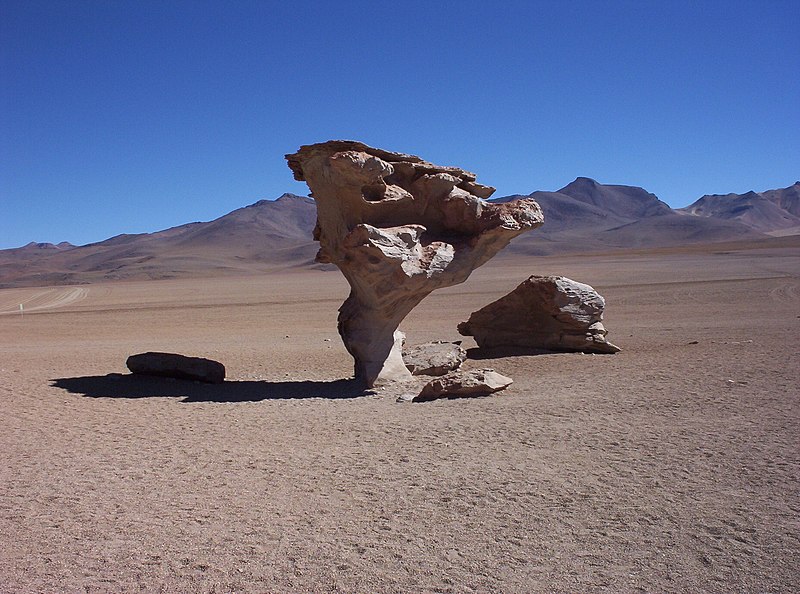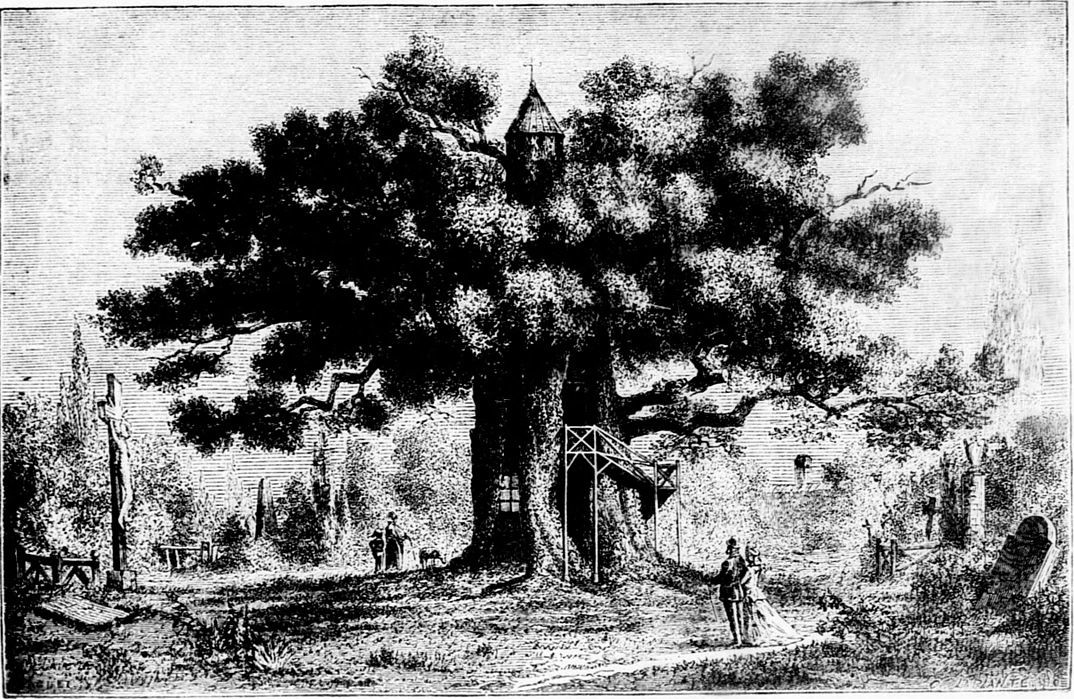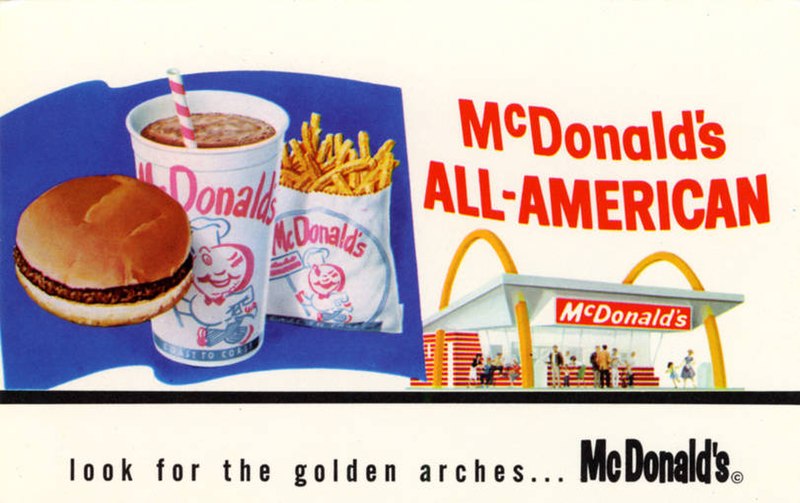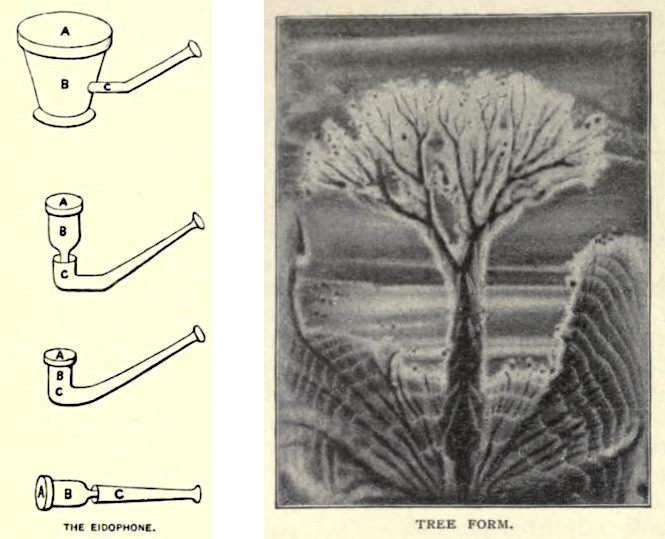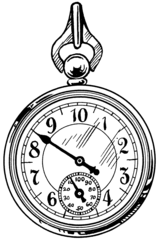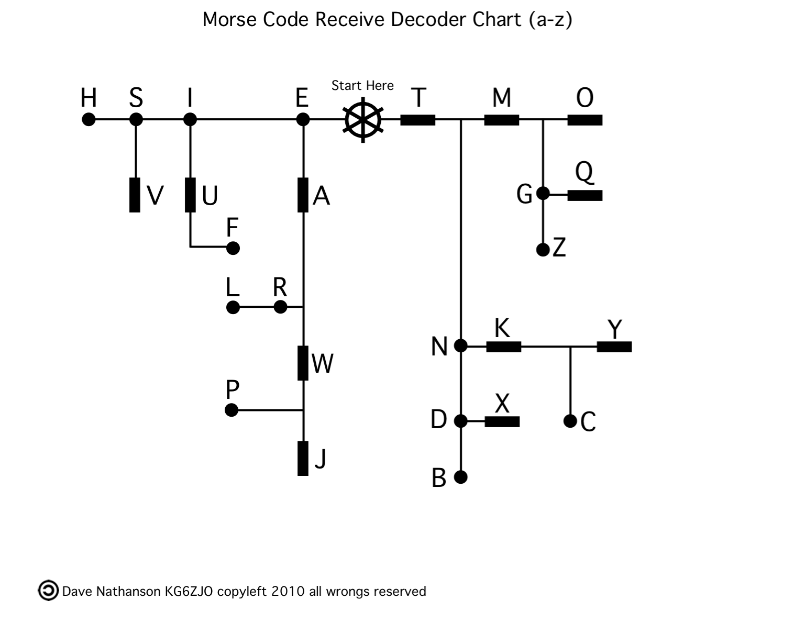When a thread is pulled horizontally from the underside of a wound spool, the spool rolls in the direction of the pulling force, counter to intuition. When the thread is pulled upward vertically, the spool rolls in the opposite direction.
Why the difference? The spool must rotate about its point of contact with the table, but the direction of torque, clockwise or counterclockwise, varies with the angle of the thread. Interestingly there’s a critical angle at which the spool does not roll but slides.

